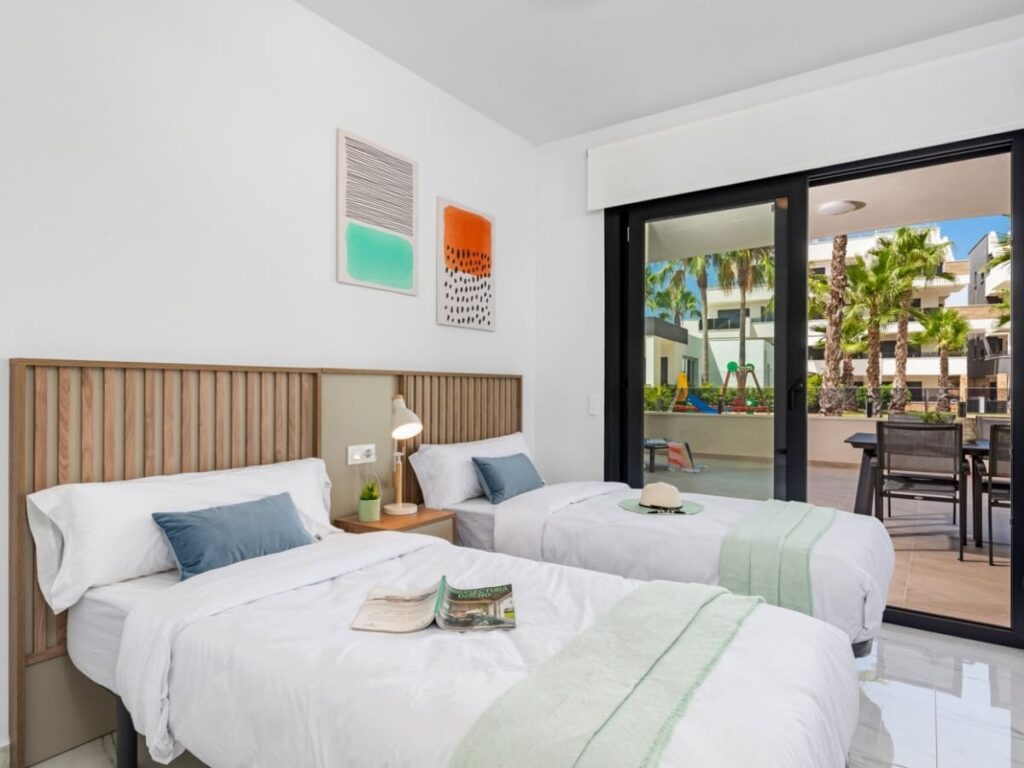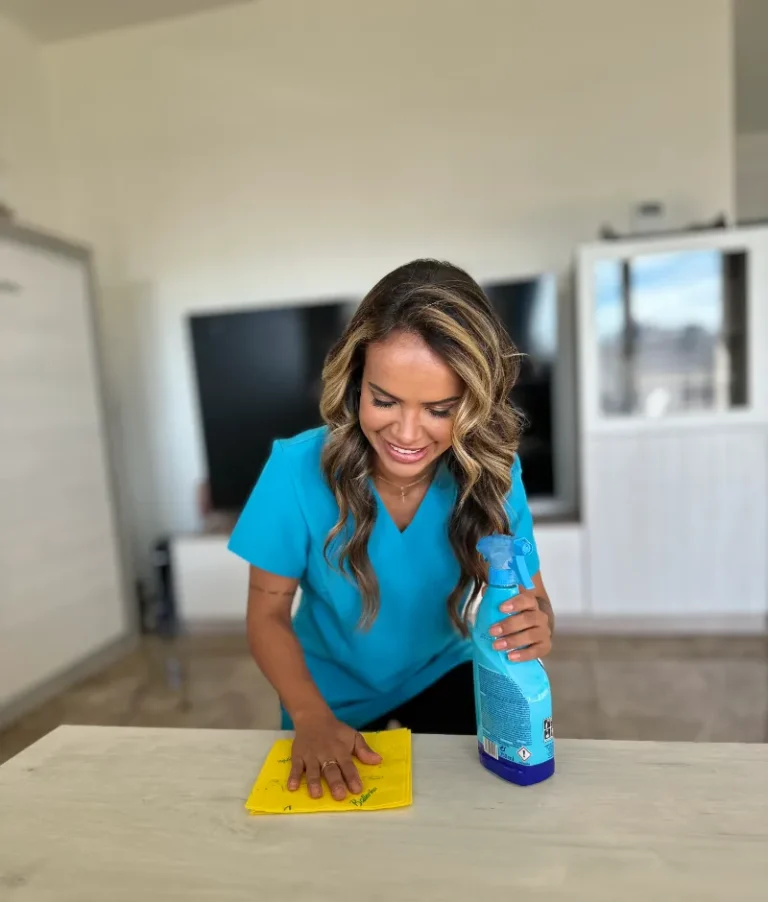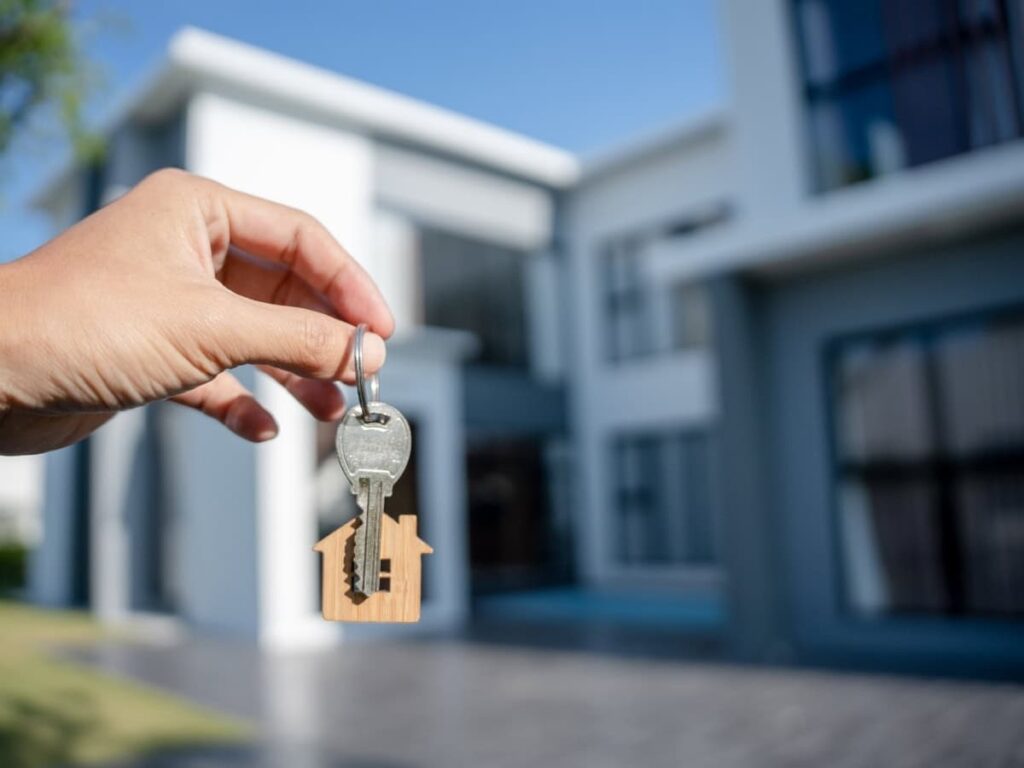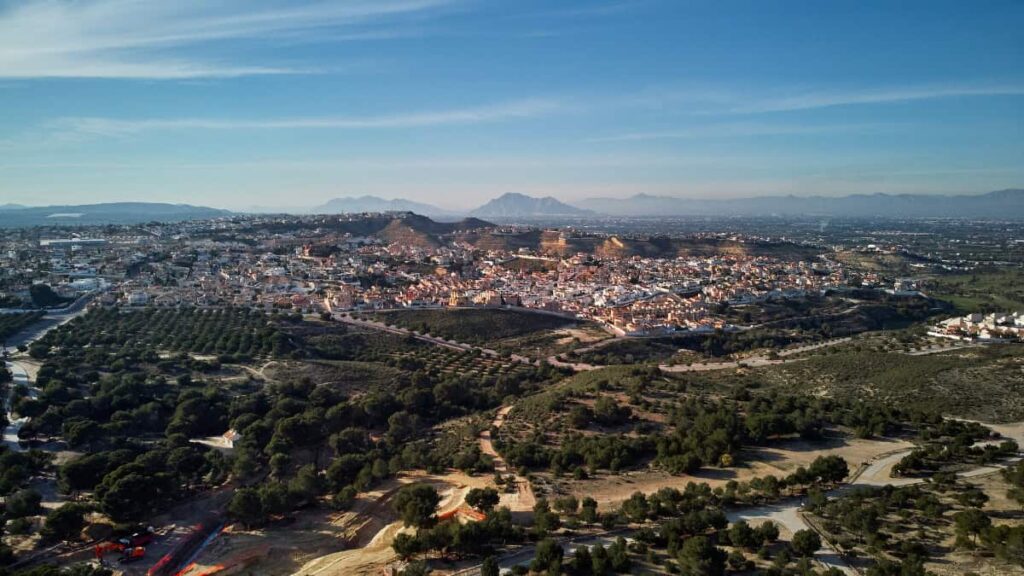Buying property in Spain is a dream for many people who imagine a life surrounded by sun, sea, and Mediterranean charm. Spain has mild weather, a relaxed lifestyle, and a strong real estate market. These make it one of the best places for international buyers. If you want a second home, an investment property, or a permanent residence, you should know that buying property in Spain is different from other countries. There are specific legal procedures, financial requirements, and taxes to consider. With careful preparation and the right professional guidance, buying a home in Spain can be a smooth and rewarding experience.
Step 1: Research and Preparation
The first step in purchasing property in Spain is to define your goals, budget, and preferred location. Consider whether you want to live in a villa with a pool on the Costa Blanca, an apartment in Valencia, or a modern home on the Costa del Sol. Each region has its own property prices, infrastructure, and character. Before you buy, you must get a NIE number (Número de Identificación de Extranjero). This is the Spanish ID number for foreigners. This number is required to open a Spanish bank account, pay property taxes, and register the purchase. Because it can take several weeks to obtain, it is best to start this process early.
It is also highly recommended to hire a real estate lawyer who specializes in Spanish property law. The lawyer checks property ownership through the Land Registry (Registro de la Propiedad). They look at the Nota Simple and make sure there are no debts, charges, or planning problems with the property. This early legal review ensures that your purchase is protected from future disputes and that the transaction meets all Spanish legal standards.
Step 2: Property Search and Viewings
Once your requirements are clear, you can begin the search for your ideal home. Spain offers a wide range of real estate options, from beachfront apartments to rural villas surrounded by land. A certified real estate agent can help you find suitable listings, arrange viewings, and guide you through local property regulations. During your visits, pay close attention to the building’s condition, location, and price compared to the market average.
Before making an offer, review your financing options carefully. Spanish banks provide mortgages for foreigners, usually up to seventy percent of the appraised value. You will need to provide proof of income, tax declarations, and bank statements. Having a Spanish bank account in place and your financing pre-approved will help speed up the buying process and avoid unnecessary delays.
Step 3: The Preliminary Purchase Contract
When the buyer and seller reach an agreement, a Deposit Contract, known as the Contrato de Arras, is signed. This document confirms the agreed price, the completion date, and the responsibilities of both parties. At this point, the buyer typically pays a 10 percent deposit of the purchase price. The contract is legally binding, which means that if the buyer withdraws without a valid reason, the deposit is lost. If the seller cancels the sale, they must return double the deposit amount.
Before signing, your lawyer should review every clause to ensure that all conditions are fair and transparent. They will also verify the information in the Property Registry, including the Title Deeds, land boundaries, and any outstanding debts. This legal check stops problems during the final transfer. The lawyer will confirm that the property is free of encumbrances and that the seller has full ownership rights.
Step 4: Financing and Additional Costs
Once the preliminary contract is signed, you can proceed with securing your mortgage and organizing your finances. The Spanish bank will request an official property valuation, carried out by a certified surveyor, to determine the loan amount. When the mortgage is approved, the bank will issue a detailed offer including interest rate, repayment terms, and fees. It is important to review these terms carefully with your lawyer or financial advisor.
Buyers should plan for an additional ten to thirteen percent of the purchase price to cover buying costs. These include Notary fees, Land Registry fees, legal fees, Property Transfer Tax (ITP) for resale properties, or Value-Added Tax (IVA) and Stamp Duty (AJD) for new builds. Other potential costs include home insurance, property valuation fees, and bank transfer charges. All payments should be made from your Spanish bank account so that the notary can verify the origin of funds and ensure full compliance with Spanish financial regulations.
Step 5: Signing the Title Deed at the Notary
The official property transfer takes place before a Notary Public, where the Title Deed (Escritura Pública de Compraventa) is signed. The notary acts as an impartial representative of the Spanish state and ensures that the transaction follows all legal requirements. Both the buyer and seller, along with their respective lawyers and sometimes the real estate agent, must attend this meeting. The notary checks the identities of all parties, verifies that the purchase funds are available, and confirms that all taxes and legal obligations are met.
Once the Title Deed is signed and the payment is completed, you will receive the keys to your new home. For newly built properties, the signing occurs only after the construction has been finished and the relevant building permits have been issued. The notary will then send the deed to the Land Registry for registration. After this step, the ownership is legally transferred to your name, and you will receive a certified copy of the deed from the Property Registry.
Step 6: Registration, Taxes, and Property Ownership
After the signing, your lawyer or notary will register the property under your name at the Land Registry (Registro de la Propiedad). This final step ensures full legal ownership and protects your property rights. Depending on whether the property is new or a resale, you will pay different taxes. For resale homes, the Property Transfer Tax (ITP) applies, while new properties are subject to IVA (VAT) and Stamp Duty (AJD). These taxes vary slightly between regions such as the Costa Blanca, Madrid, and the Balearic Islands.
After you buy the property, you must pay ongoing costs. These include IBI (local property tax), community fees, insurance, and utilities like electricity and water. If you intend to rent your property, you will also be required to pay Non-Resident Income Tax (IRNR) on rental income. With the assistance of a local lawyer or property manager, you can ensure that all legal and fiscal obligations are met properly and on time.
Step 7: Living and Enjoying Your Property in Spain
When all legal and administrative steps are complete, you can start enjoying your new home in Spain. Owning property here offers a unique balance between relaxation, culture, and comfort. You can choose a seaside apartment in Alicante, a villa in Costa Blanca South, or a countryside home near Valencia. The Mediterranean lifestyle lets you enjoy the sun, the food, and the warm people.
Spain has a great healthcare system, modern infrastructure, and a stable real estate market. These features attract international buyers and expats. With more than 300 sunny days a year, life in Spain promotes well-being and outdoor living. Investing in Spanish real estate is not only a financial decision but also a choice for a better quality of life and long-term stability.
Casa Capitals: Trusted Guidance in the Spanish Property Market
Buying property in Spain requires expertise and careful coordination. Casa Capitals guides international buyers through every stage of the purchase process. From the initial search to signing the Title Deed, we ensure that each step is carried out correctly and securely. Our experienced team works closely with lawyers, notaries, and banks to provide full legal and financial transparency.
We help with all legal documents, NIE applications, mortgage arrangements, and checking property ownership. Our understanding of the Spanish real estate market and property taxes allows us to support clients with confidence and precision. With our help, purchasing a home in Spain becomes a well-structured and worry-free experience, supported by local expertise and professional service.
Final Steps for Buying Property in Spain
Buying a house in Spain is a major but rewarding step. With the right preparation, legal assistance, and financial planning, the process is straightforward and secure. Spain’s strong property market, pleasant climate, and high quality of life make it one of the most attractive countries for property investment and homeownership in Europe. By following each phase carefully, from research to registration, buyers can enjoy complete peace of mind and full ownership rights. Partnering with Casa Capitals ensures that your journey toward owning property in Spain is smooth, transparent, and successful, turning your dream of Mediterranean living into a reality.
Related articles




